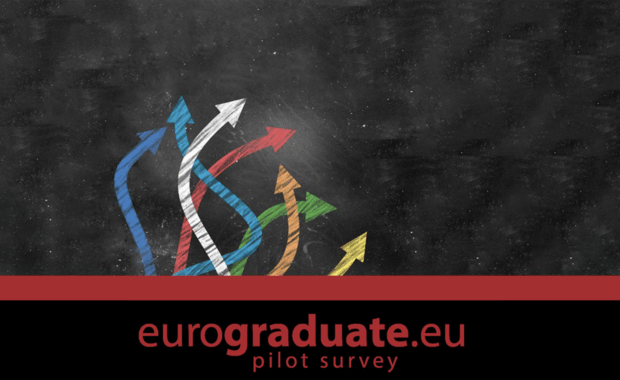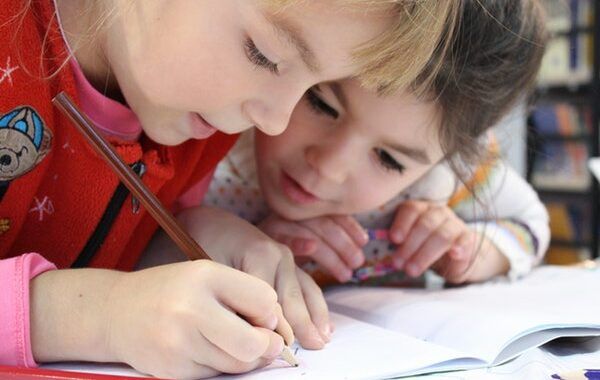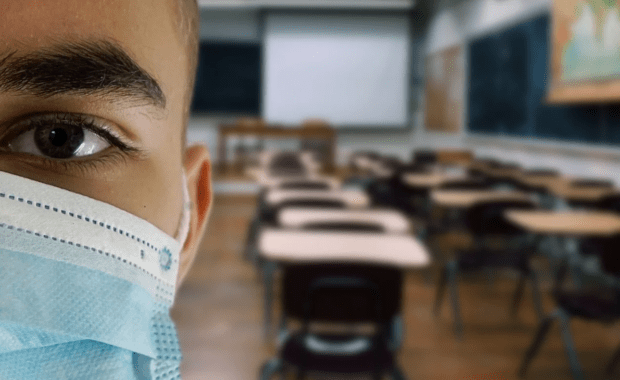Knowing how graduates perceive the relevance of their studies – and what they do after obtaining their qualifications – is key to improving education and training systems. The European Commission has published two reports that highlight the benefits of an EU-wide graduate tracking system in preparing European education for tomorrow’s challenges. The European graduate pilot survey reached […]
The impact of COVID-19 on education systems and specialist provision
At an online meeting of the Changing Role of Specialist Provision in Supporting Inclusive Education (CROSP) Project Advisory Group (PAG) in early June, members explored the impact of the Coronavirus (COVID-19) pandemic on the role of specialist provision. As well as discussing the upcoming project activities, the team discussed emerging country-level responses during and after […]
Can the coronavirus pandemic improve our schools?
Since the Covid-19 virus started spreading, European citizens, like other people around the globe, have been put to the test in all aspects of life – health and well-being, livelihood and occupations, family ties and social relationships. While some countries are now starting the gradual lifting of confinement restrictions, life as we knew it before […]
Coronavirus: online learning resources
The outbreak of COVID-19 in Europe and necessary national measures taken to tackle the spread of the virus may cause significant disruption to the provision of education, training and mobility opportunities for learners, teachers and educators across the European Union (EU). Online platforms for teachers and educators School Education Gateway Online catalogue of teaching materials […]
The story of Monopoly: how Charles stole Lizzie’s idea and made his fortune
In these days of confinement there are many things to learn. It is a great opportunity to share care and to take advantage of leisure time with the family. Today we tell you the story of Monopoly which you can find in full detail at Europeana. Lizzie Magie’s great idea The story begins in 1903 in the United […]
COVID-19: specific measures for the Erasmus+ programme
The Spanish Service for the Internationalisation of Education (SEPIE) is an Autonomous Body, dependent on the Ministry of Universities, whose main function is to act as the National Erasmus+ Agency in Spain, in charge of all the channelling and dissemination, management of resources such as budgets, promotion, and impact studies of the Eramus+ Programme (2014-2020) […]
COVID-19: IFRC, UNICEF and WHO issue guidance to protect children and support safe school operations
The International Federation of the Red Cross (IFRC), UNICEF and the World Health Organization (WHO) today issued new guidance to help protect children and schools from transmission of the COVID-19 virus. The guidance provides critical considerations and practical checklists to keep schools safe. It also advises national and local authorities on how to adapt and […]
Pilot Projects and Preparatory Actions: Satellite broadband internet access for educational multimedia contents to unconnected schools
One of the conditions to integrate is to promote the use of ICT in education, training and learning systems is to increase availability and quality of connectivity to broadband Internet services for schools and classrooms, especially in rural and low population density areas, through the adoption of dedicated measures. Specific challenge The general objective of […]
The new Education and Culture Newsletter in the EU No. 9 is now available!
The new Education and Culture Newsletter in the EU No. 9 is now available! In this February issue, we can highlight news such as European Capitals of Culture 2020: Rijeka and Galway, Laments and desires: folk music and emigration in Europe or Erasmus +: an experience that has changed the lives of 10 million young […]







